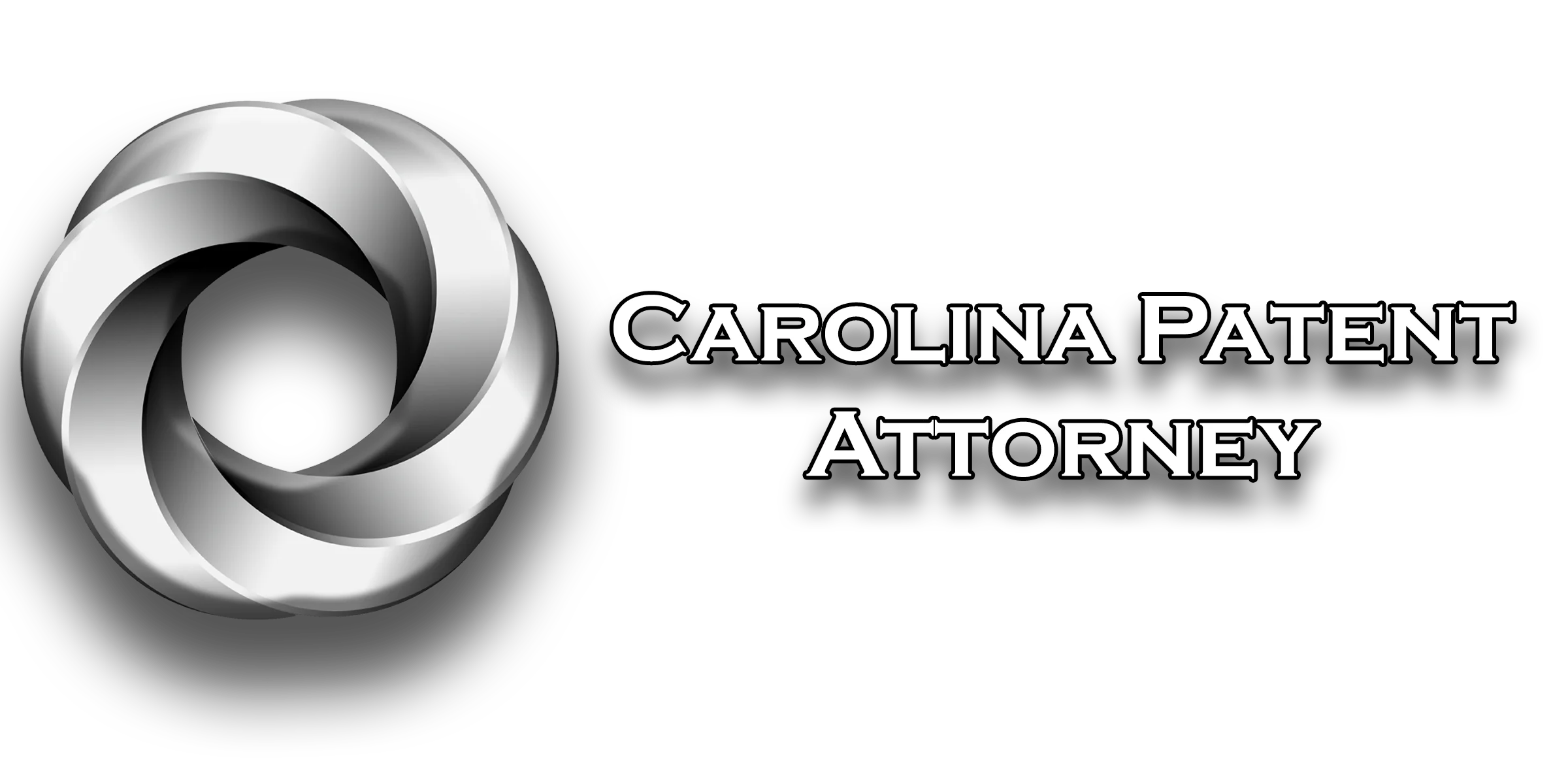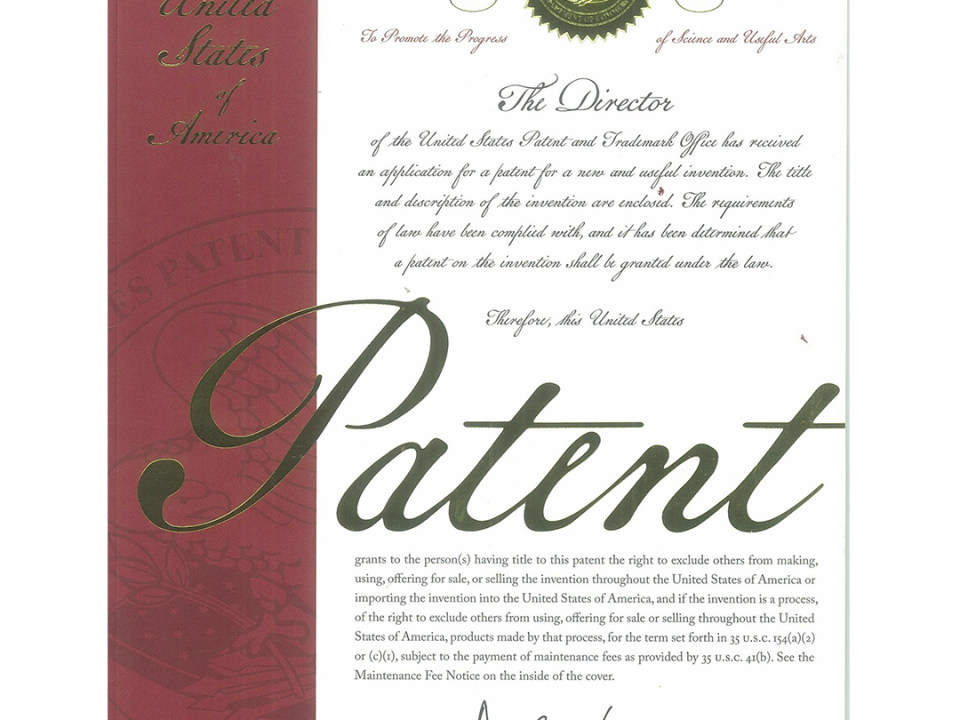Patent Venue Goes Back to the Future:
TC Heartland LLC v. Kraft Foods Group Brands LLC

On May 22, 2017, the Supreme Court held that the term “resides” in the “Patent Venue” statute 28 U.S.C. § 1400(b) means only the State of incorporation as applied to “domestic” corporations.** TC Heartland LLC, v. Kraft Food Brands Group LLC, U.S., No. 16-341. This means that famously crowded patent forums like the courts of the Eastern District of Texas and Virginia are likely to empty out.
Supreme Court ruling affects Patent Venue
Where the TC Heartland case leaves us:
The Supreme Court in TC Heartland decided that the Federal Circuit Court of Appeals got it wrong in a 1990 case called VE Holding Corp. v. Johnson Gas Appliance Co., 917 F.2d 1574, when the Federal Circuit then held that legislative changes to the general venue statue, Section 1391, had effectively overruled Fourco Glass Co. v. Transmirra Prods., 353 U.S. 222 (1957) and broadened patent venue under Section 1400(b) (effectively subjecting a corporate defendant to any jurisdiction where it is subject to personal jurisdiction). The Federal Circuit then relied on its VE Holding Corp. decision to deny a petition for a writ of mandamus, In re TC Heartland LLC, 821 F. 3d 1338 (2016), and leave in place Circuit precedent that corporations may be sued in any judicial district where they are incorporated, licensed to do business, or are doing business, and that “such judicial district shall be regarded as the residence of such corporation for venue purposes.”
Section 1400(b) means what it says, “[a]ny civil action for patent infringement may be brought in the judicial district where the defendant resides, or where the defendant has committed acts of infringement and has a regular and established place of business.” (emphasis added)
**The Supreme Court did not address the question of “proper venue” for “foreign” corporations per the Court’s 1972 holding in Brunette Machine Works, Ltd. v. Kockum Industries, Inc., 406 U.S. 706.

Supreme Court ruling affects Patent Venue







